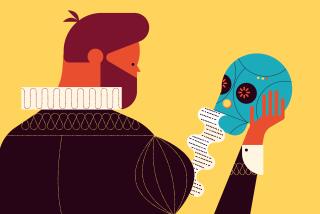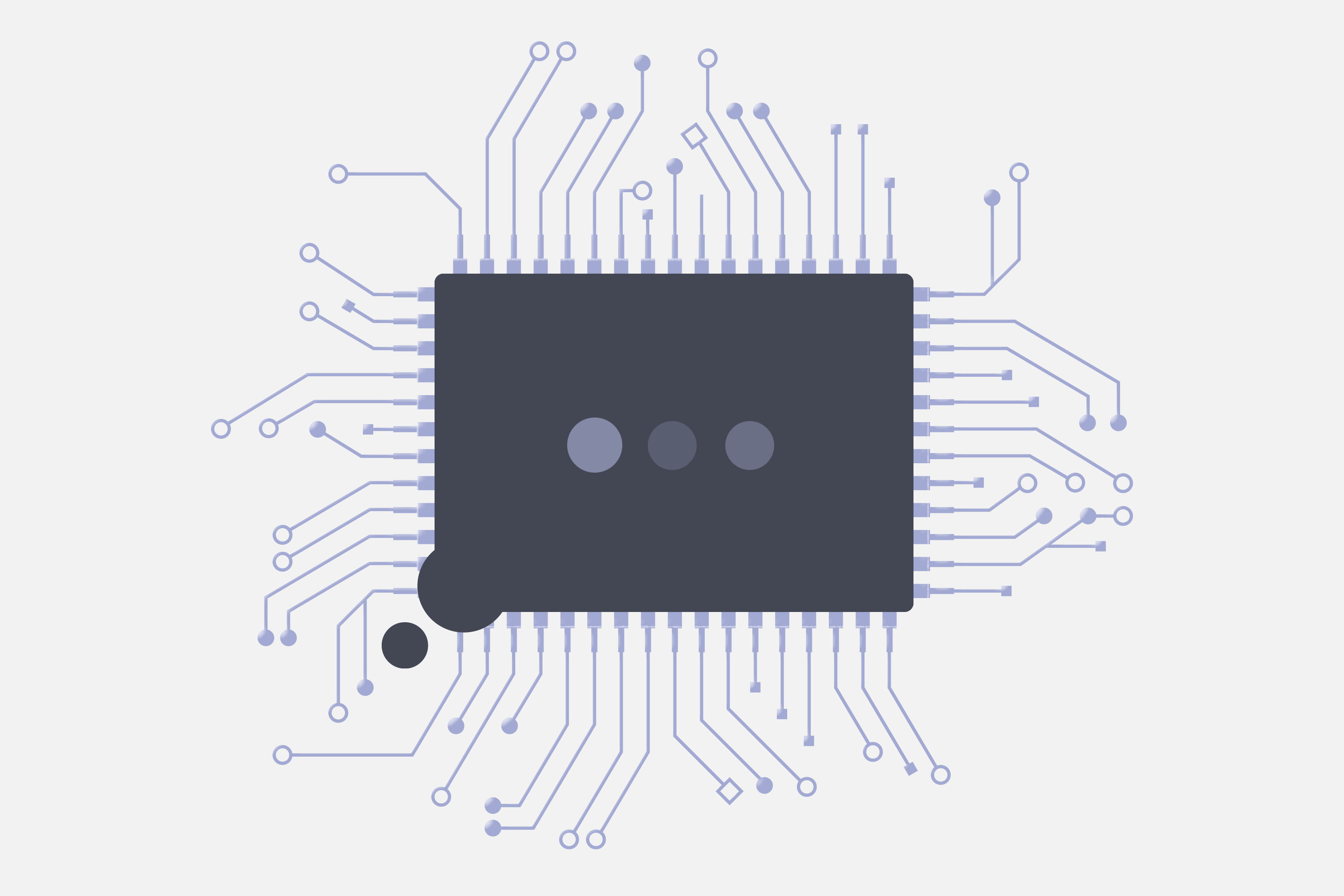A partisan of the printed page spurns the embrace of an audio-visual future
- Share via
Albert R. Hibbs, the famous voice of the Jet Propulsion Laboratory’s space shots and a space scientist of the first water, has sent me a disturbing letter.
Not a letter, exactly. A message. A message on a tape recorder cassette.
He sent me a cassette instead of a typewritten or handwritten letter to demonstrate his point. His point is that reading and writing will soon be things of the past.
We have all been afraid of that, ever since the dawn of television. But Hibbs’ prophecy isn’t cynical. He thinks we should embrace the audio-visual future.
His tape begins: “Hello, Jack. This is Al and this is a letter.”
I might as well say now that to be able to quote from Hibbs’ letter, to study it, to see it whole, to pick out its most important parts, I had first to transcribe it into print. I put the tape in my portable recorder and played it back, meanwhile trying to keep up with the words on my computer. His words came faster than I could type them. I had to keep rewinding the tape to pick up something that had gone past me. Transcribing the entire message took 35 minutes. Then I printed it out and now I have it before me, in readable form.
If Hibbs had typed it in the first place it would have saved me a lot of work. (Soon enough, I suppose, it will be possible to print out directly from a voice alone.)
He says his message was inspired by my column on Ambrose Bierce and his book “Write It Right,” in which Bierce says that “the main purpose of this book is to teach precision in writing.”
Hibbs says Bierce should have said “precision in the use of language, written or oral.”
“I hope my suggestion is not trivial,” Hibbs says, “and it does indeed bear on the existence of tape recorders and the quite reasonable prediction that in the decades ahead they will become much simpler and ubiquitous.”
Hibbs points out that for 1,500 years, literature was stored primarily in memory and the art of memory was very important. Then, when writing was invented, and later, printing, memory was no longer essential, so it became a virtue.
“Is that same thing going to happen to reading and writing?” Hibbs asks. “Are we going to fall into the same trap that grabbed our medieval ancestors (as to memory), and promote reading and writing when such skills are practically useless? Or could we start now teaching our young people the art of speaking and listening?”
I had a feeling right then that Hibbs and I were riding off in opposite directions.
“What about books?” he asks. “Are they going to become useless too? Probably. One might point out that reading is much quicker than listening, but we have not yet paid any attention to the potential art of speed-listening, assisted by computers which only give us the syllables we need in rapid fire order so we can listen and comprehend a document just as rapidly as we could read and comprehend it. . . .”
And here Hibbs makes a shocking suggestion:
“I certainly do have the feeling . . . that educators, do-gooders and politicians are extolling the virtues of reading and writing and condemning the amount of time that children spend watching TV without really considering that they may be backing the wrong horse, and . . . playing a dirty trick on our young people.”
At this point I hear wails of protest from the many dedicated teachers who are working overtime, at low pay, to try to teach their students how to read and write. What higher goal could there be? Is literacy to become merely the ability to speed-listen?
Hibbs says: “There have been and are now, TV programs, that show the power of that medium for education and the transmission of ideas; perhaps some of the energy spent on promoting reading and writing would be better used in improving radio and television. . . .”
Hibbs says that in the early 1960s a friend of his, a mathematician at Rand, ran for the Santa Monica school board, on a platform advocating serious changes in the way mathematics was taught in the early grades. He argued that by the time these children went into college or the work force, they would have “these little things they hold in their hand” to calculate all kinds of routine arithmetic, so memorizing the results would be “a total waste of time.”
“He said that understanding the processes of mathematics is really understanding the manipulation of symbols; you move symbols around and do different things with them in order to come up with a new idea that you hadn’t thought of before.
“He said that one of the kinds of symbols that students were already familiar with is words, and the rules to move them about and manipulate them are called grammar . . . and he hoped to persuade the populace and the school board to increase the amount of time spent in studying grammar and decrease the time spend on memorizing multiplication tables. He lost the election.”
Hibbs concludes: “I hope that perhaps some such board candidate will come along and say decrease the time spent on reading and writing and instead, teach the students how to watch television. Think that will happen?”
Is that heresy or is that vision?
I recently spent 14 1/2 torpid hours in front of our TV watching the miniseries “Amerika.”
Believe me, I’d have been better off memorizing my multiplication tables.
More to Read
Sign up for our Book Club newsletter
Get the latest news, events and more from the Los Angeles Times Book Club, and help us get L.A. reading and talking.
You may occasionally receive promotional content from the Los Angeles Times.










